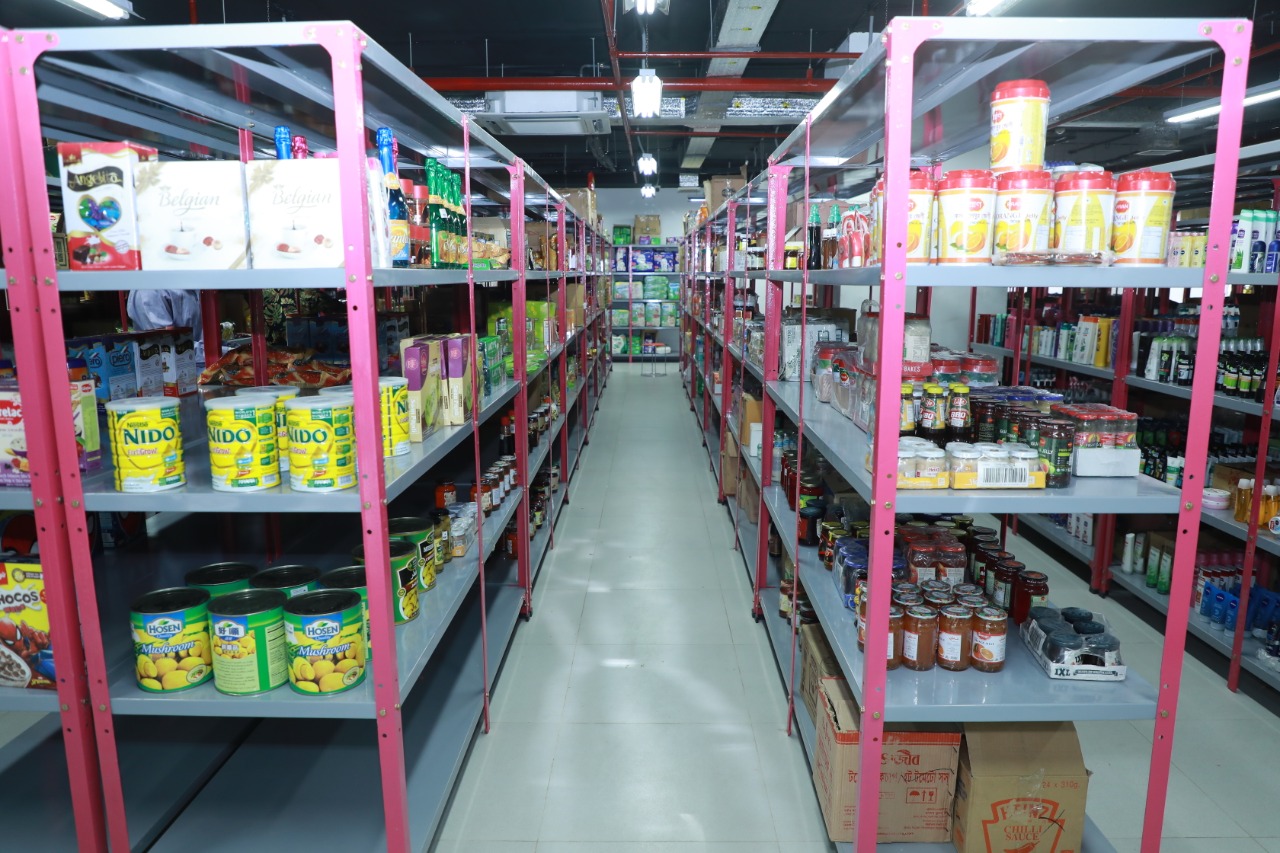7 years of Foodpanda: Nothing less than a rollercoaster ride

December 2020 marked the 7th year of operation in the country for online food and grocery delivery platform Foodpanda. With over 4 million users signing up in the course of the last 7 years, Foodpanda currently has around 35 thousand restaurant and shop partners on its platform. On the cusp of their 7-year anniversary, the delivery service has finalised the expansion of its operation to all 64 districts across Bangladesh – a first among the delivery services in the country, according to a press release issued recently.
Foodpanda, a subsidiary of Berlin-based delivery platform Delivery Hero, began its journey in Bangladesh in December of 2013 with limited operations in Dhaka. Since its inception, Foodpanda aimed to play a key role in digitizing consumer habits and the evolution of the local restaurant industry.
Undoubtedly, Foodpanda was the first few to introduce the digitised form of demand-driven gig economy across all 64 districts. For restaurants and shop partners, partnering with the online delivery venture meant access to a wider customer base. For youths, it posed the opportunity to earn additional income by signing up as a rider-partner.
Over the years, the delivery platform has expanded its operation to much more than just food delivery. Foodpanda is focused on expanding its quick-commerce (q-commerce) services across the Asia Pacific region, as well as Bangladesh, with its network of retail partners and its very own Pandamart cloud stores
Pandamart – Foodpanda's own warehouse of groceries and daily household items – was launched in Bangladesh in December 2020, in a bid to transform the offline grocery markets in the country into easily accessible online platforms. Unlike grocery delivery services which purchase products from retailers and deliver those to the customers, Pandamart is a cloud-store which has its own inventory and that allows it to have full control of the supply chain. According to the venture, this enables them to ensure quality products are delivered under-30-minute.

Currently, Pandamart has around 4,000 items across 25 categories, ranging from regular household staples to baby products and cleaning supplies and for sourcing the products, Foodpanda works directly with a network of professionals consisting of mills, processors and producers.
As the industry continues to see rapid growth, Foodpanda aims to, according to the top management, bolster its presence by going hyperlocal and expanding delivery services and q-commerce initiatives. With this momentum, let's see where this platform goes.
 For all latest news, follow The Daily Star's Google News channel.
For all latest news, follow The Daily Star's Google News channel.